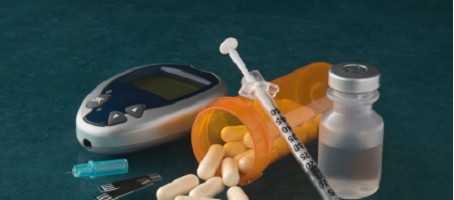Adropi, a hormone that regulates the burning of fat, may have the ability to improve insulin action, according to new research. Potentially, this could lead to the development of new treatments for type 2 diabetes.
The study, published in Molecular Metabolism, experimented on obese mice with diabetes, and found that adropin regulates metabolic homeostasis. In other words, the body prefers to use glucose when a person is full. When adropin is released, the glucose becomes more potent as a metabolic fuel.
But when a person is fasting – that is, when they have not eaten in around eight hours – the body uses fatty acids as metabolic fuel instead. Moreover, adropin levels are lowered while fasting, suggesting that adropin levels are directly related to how the body provides metabolic fuel.
People with obesity have significantly lower levels of adropi, which may contribute to the increased risk of type 2 diabetes, and the body’s inability to use glucose properly in cases of obesity.
The researchers found that increasing adropin levels in obese mice with diabetes improved their glucose tolerance, insulin sensitivity, and made their bodies more likely to use glucose as a metabolic fuel, even in cases of insulin resistance.
Andrew Butler, professor of pharmacological and physiological science at Saint Louis University, and lead author of the study, said:
“Adropin is a poorly understood hormone. We first reported its discovery a little over six years, but we really didn’t understand what it did. We knew it played a role in maintaining metabolic health, but we didn’t know much beyond that.
“When we measured adropin levels in mice, they were suppressed under fasting conditions and stimulated after feeding, suggesting functions related to the changes in metabolism that occur with feeding and fasting.
Butler considers the results encouraging in the search for obesity and type 2 diabetes treatment.
“The hope is that adropin could someday be used in the clinic to help patients with type 2 diabetes control blood sugar levels and delay or prevent the development of the disease in at-risk individuals.”
What's new on the forum? ⭐️
Get our free newsletters
Stay up to date with the latest news, research and breakthroughs.










